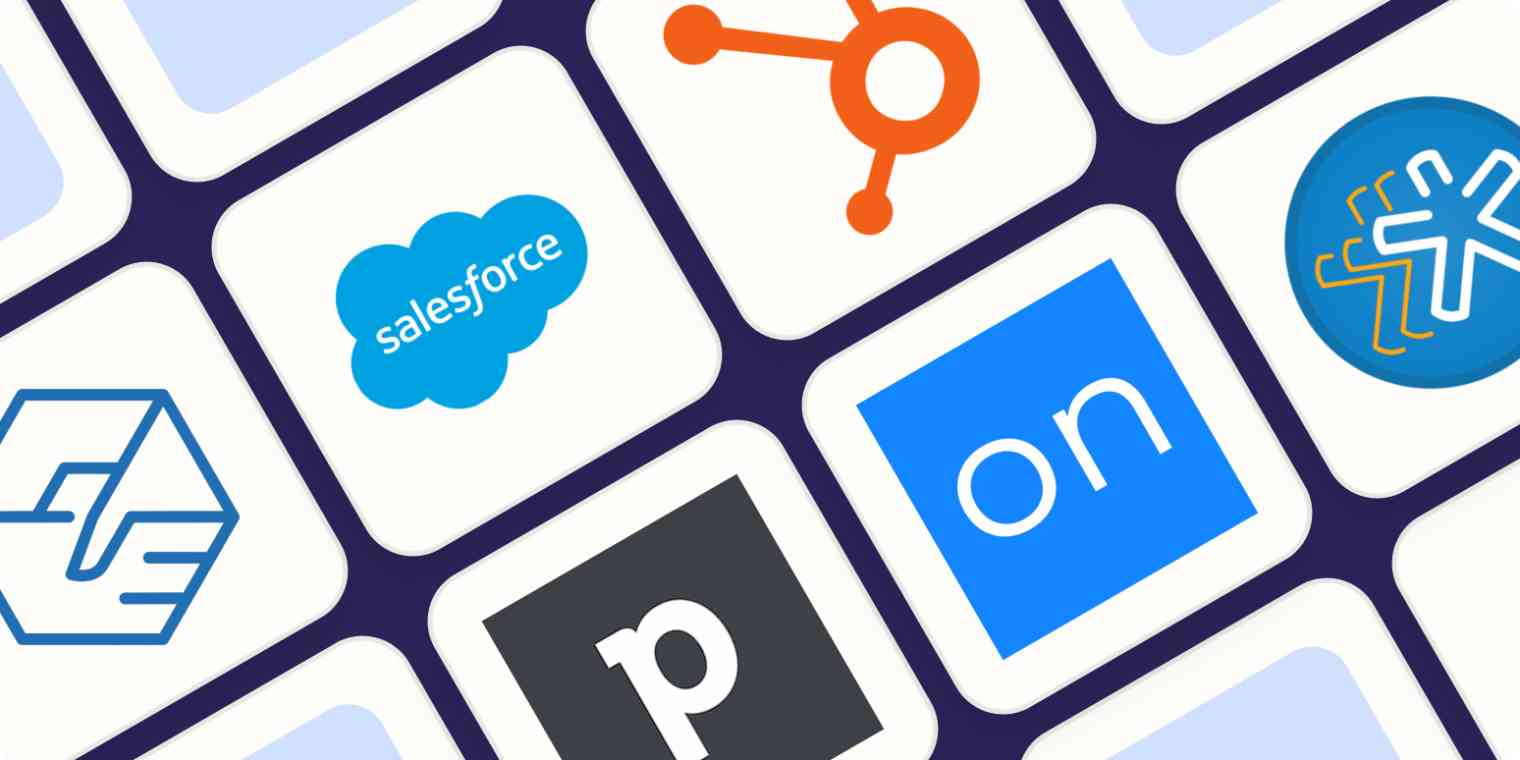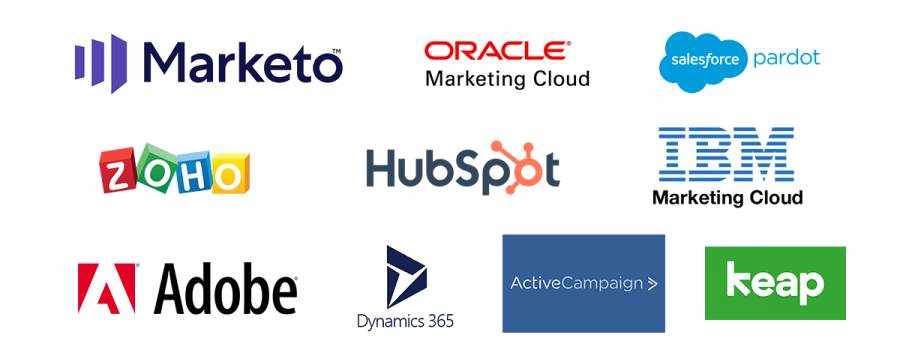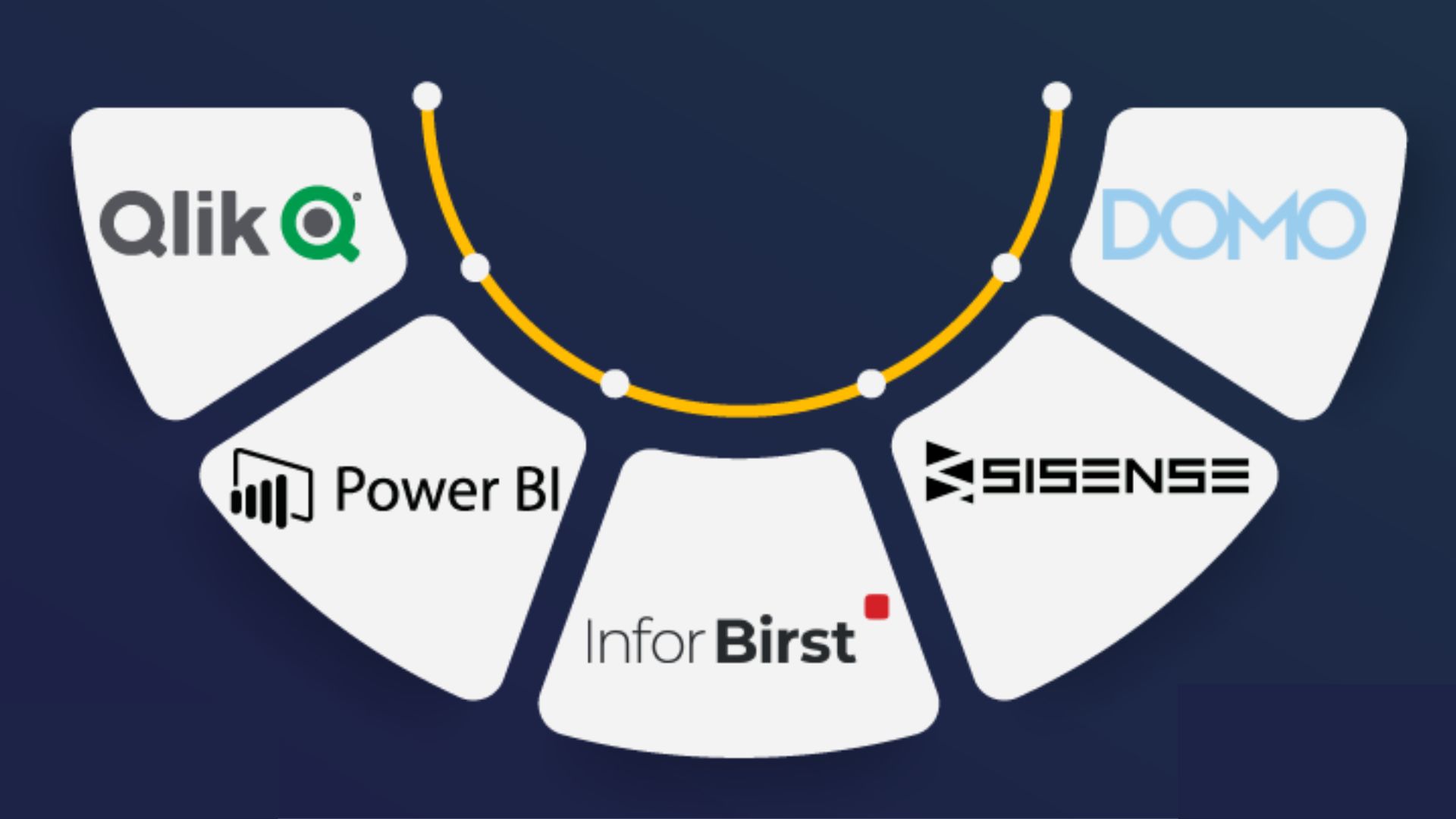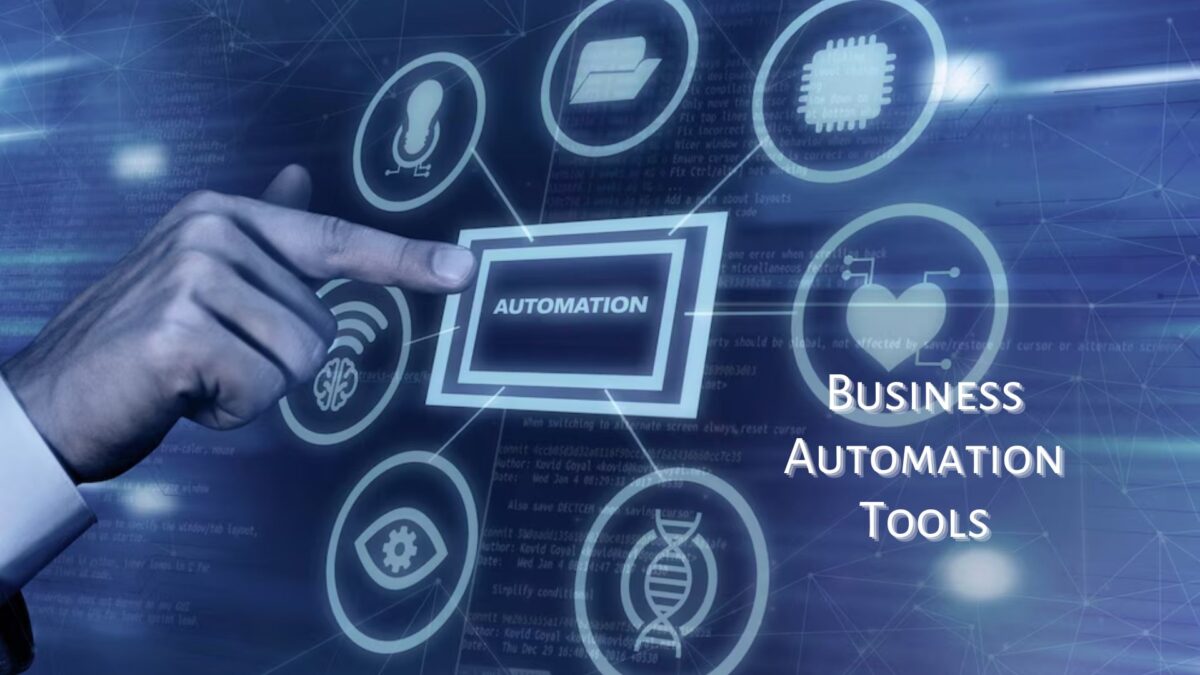In today’s fast-paced business environment, automation has become a critical driver of efficiency and productivity. With the advent of artificial intelligence (AI), the landscape of business automation is rapidly evolving, offering advanced tools that not only streamline operations but also provide deeper insights and enhanced decision-making capabilities. This article explores some of the top AI-powered business automation tools, their benefits, and how they can transform various aspects of your business.
Business automation involves using technology to perform tasks and processes that were previously carried out manually. This shift aims to reduce human error, increase efficiency, and allow employees to focus on higher-value activities. Over the years, automation has moved from basic task management to more sophisticated solutions driven by AI, which add a layer of intelligence and adaptability to traditional automation.
Benefits of AI-Powered Automation
The integration of AI into automation tools brings numerous advantages. AI-powered automation can significantly boost efficiency by handling repetitive tasks with precision, thus freeing up valuable time for employees. It also offers cost reductions by minimizing the need for manual intervention and reducing operational errors. Furthermore, AI enhances decision-making through advanced data analysis and predictive analytics, enabling businesses to make informed choices and anticipate future trends.
1. AI-Powered Customer Relationship Management (CRM) Tools

CRM tools are crucial for handling customer interactions and managing data across the entire customer journey. AI-powered CRM systems enhance traditional CRM capabilities by providing deeper insights and automation features that improve customer engagement and satisfaction.
Examples
- Salesforce Einstein: Salesforce Einstein is an AI-powered CRM that integrates seamlessly with Salesforce’s suite of tools. It provides advanced features such as predictive analytics, automated recommendations, and intelligent customer insights. Einstein helps businesses by predicting customer behavior, automating data entry, and providing personalized recommendations, thus enabling more effective sales strategies and customer relationship management.
- HubSpot AI: HubSpot’s CRM incorporates AI to streamline marketing, sales, and customer service functions. Key features include AI-driven lead scoring, automated email responses, and predictive sales analytics. HubSpot AI helps businesses prioritize leads based on their likelihood to convert, automate repetitive tasks, and enhance overall customer engagement.
Key Features
AI-powered CRM tools offer several transformative features:
- Predictive Analytics: These tools analyze past interactions and data to predict future customer behavior, helping businesses tailor their strategies.
- Automated Customer Insights: AI systems can automatically generate insights about customer preferences and behavior, facilitating more targeted marketing efforts and personalized service.
2. AI-Driven Marketing Automation Platforms

Marketing automation platforms are designed to streamline and automate marketing tasks, making it easier to manage campaigns and engage with customers. AI enhances these platforms by providing advanced features for personalization and optimization.
Examples
- Marketo (Adobe): Marketo, now part of Adobe Experience Cloud, uses AI to enhance marketing automation. It offers features such as automated campaign management, personalized content recommendations, and advanced analytics. Marketo’s AI capabilities help businesses create highly targeted marketing campaigns, improve lead nurturing, and analyze campaign performance.
- Mailchimp with AI: Mailchimp, a popular email marketing platform, incorporates AI to improve email campaign effectiveness. AI-driven features include personalized content suggestions, predictive send times, and automated customer segmentation. These features help businesses optimize their email marketing efforts and increase engagement rates.
Key Features
AI-driven marketing automation platforms include:
- Personalized Content Recommendations: AI algorithms analyze customer data to provide tailored content suggestions, enhancing the relevance of marketing messages.
- Automated Campaign Management: These platforms can automatically adjust campaign strategies based on real-time performance data, ensuring more effective marketing efforts.
3. Intelligent Workflow Automation Tools
Intelligent workflow automation tools are designed to streamline and optimize business processes. AI enhances these tools by providing capabilities for process optimization and robotic process automation (RPA).
Examples
- UiPath: UiPath is a leading RPA platform that uses AI to automate repetitive tasks across various business functions. It offers features such as process mining, automated workflow execution, and cognitive automation. UiPath helps businesses improve operational efficiency by automating routine tasks, such as data entry and document processing.
- Automation Anywhere: Automation Anywhere provides a comprehensive RPA platform with AI capabilities. Key features include intelligent document processing, task automation, and process analytics. Automation Anywhere enables businesses to automate complex workflows, reduce manual errors, and gain insights into process performance.
Key Features
Intelligent workflow automation tools offer:
- Process Mining and Optimization: AI analyzes existing workflows to identify inefficiencies and suggest improvements.
- Robotic Process Automation (RPA): RPA uses AI to automate repetitive tasks, allowing employees to focus on more strategic activities.
4. AI-Based Financial Management Solutions
Financial management solutions powered by AI enhance the accuracy and efficiency of financial operations. AI tools can streamline tasks like invoicing, expense tracking, and financial forecasting through automation.
Examples
- Xero: Xero is an AI-driven accounting software that automates various financial tasks. It offers features such as automated invoicing, expense management, and real-time financial reporting. Xero’s AI capabilities help businesses manage their finances more effectively by reducing manual data entry and providing actionable insights.
- QuickBooks with AI: QuickBooks integrates AI to enhance its accounting and financial management features. Key functionalities include automated expense categorization, intelligent tax calculations, and predictive financial insights. QuickBooks helps businesses streamline their accounting processes and make data-driven financial decisions.
Key Features
AI-based financial management solutions provide:
- Automated Invoicing and Expense Tracking: AI automates the creation and processing of invoices, as well as tracking expenses, reducing manual effort and errors.
- Predictive Financial Analytics: AI tools analyze historical data to provide forecasts and insights into future financial performance.
5. AI-Enhanced Human Resources (HR) Tools

AI-powered HR tools are designed to improve various HR functions, from recruitment to employee management. These tools leverage AI to streamline HR processes and enhance employee engagement.
Examples
- Workday: Workday’s AI-powered HR platform offers features such as intelligent talent acquisition, employee engagement analytics, and workforce planning. Workday helps organizations attract and retain top talent by providing data-driven insights into employee performance and engagement.
- BambooHR with AI: BambooHR integrates AI to enhance its HR management features. Key functionalities include automated recruitment, employee self-service, and predictive analytics. BambooHR’s AI capabilities help businesses streamline HR processes and improve employee satisfaction.
Key Features
AI-enhanced HR tools include:
- Automated Recruitment and Talent Acquisition: AI algorithms screen resumes, assess candidates, and streamline the recruitment process.
- Employee Engagement Analytics: AI analyzes employee feedback and performance data to provide insights into engagement and satisfaction.
6. AI-Driven Supply Chain and Inventory Management
AI-driven supply chain and inventory management tools are designed to optimize logistics and inventory operations. AI enhances these tools by providing advanced analytics and predictive capabilities.
Examples
- Llamasoft: Llamasoft uses AI to optimize supply chain planning and analytics. Key features include demand forecasting, inventory optimization, and supply chain modeling. Llamasoft helps businesses improve supply chain efficiency by providing insights into demand patterns and inventory needs.
- ClearMetal: ClearMetal offers AI-powered solutions for supply chain visibility and inventory management. Features include demand sensing, inventory optimization, and real-time supply chain analytics. ClearMetal helps businesses enhance supply chain agility and reduce operational costs.
Key Features
AI-driven supply chain and inventory management tools offer:
- Demand Forecasting: AI analyzes historical data to predict future demand, helping businesses plan inventory and reduce stockouts.
- Supply Chain Optimization: AI optimizes supply chain processes by identifying inefficiencies and suggesting improvements.
7. AI-Powered Business Intelligence (BI) Tools

Business intelligence tools powered by AI enhance data analysis and reporting capabilities. AI-driven BI tools provide advanced analytics and data visualization to support informed decision-making.
Examples
- Tableau with AI Features: Tableau integrates AI to enhance data visualization and analysis. Features include automated insights, predictive analytics, and natural language processing. Tableau helps businesses uncover trends and patterns in their data, facilitating better decision-making.
- Microsoft Power BI: Power BI leverages AI to provide advanced analytics and data visualization. Key functionalities include automated data preparation, AI-driven insights, and interactive dashboards. Power BI helps businesses analyze large datasets and make data-driven decisions.
Key Features
AI-powered BI tools provide:
- Automated Data Visualization: AI creates visualizations and reports based on data trends, simplifying data analysis.
- Predictive Analytics: AI analyzes historical data to forecast future trends and outcomes.
Conclusion
AI-powered business automation tools are reshaping how companies operate by enhancing efficiency, reducing costs, and providing deeper insights. From CRM and marketing automation to financial management and supply chain optimization, these tools offer substantial benefits. As AI technology evolves, businesses can expect even more advanced solutions that drive further improvements in productivity and decision-making. Embracing these tools can give your business a competitive edge and streamline your operations effectively.

